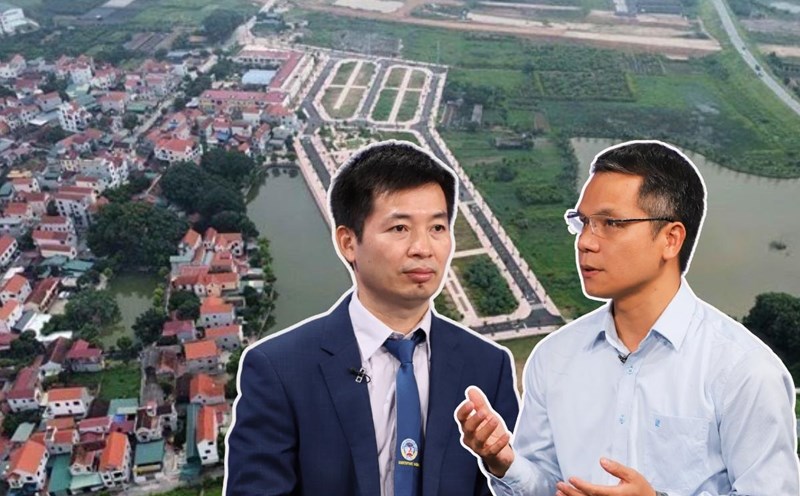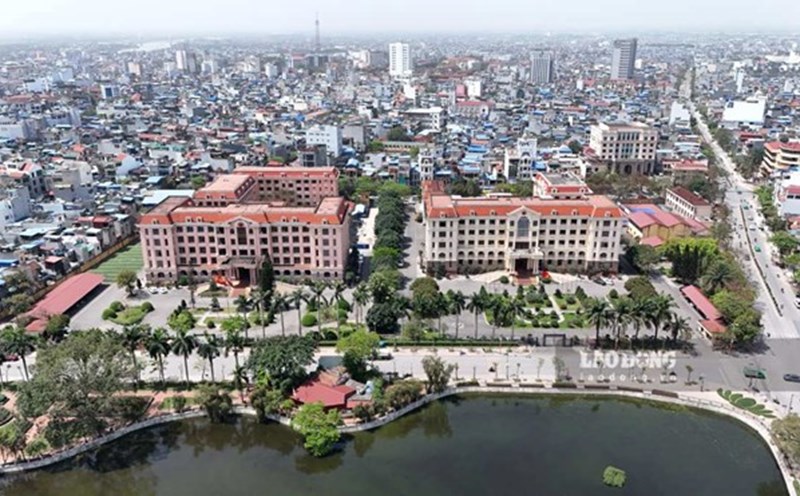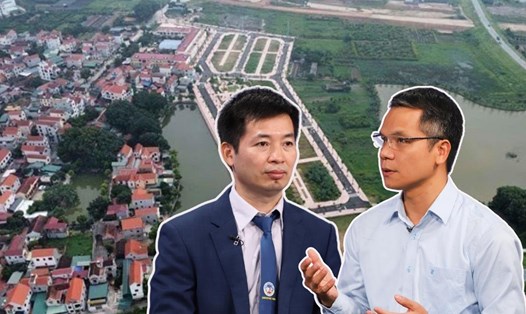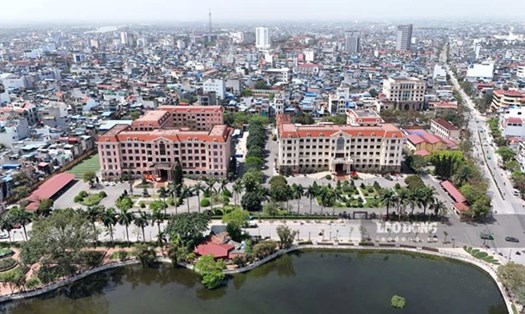Pursuant to Clause 1, Article 29 of the Law on Marriage and Family 2014 stipulates as follows:
Husband and wife are equal in rights and obligations in creating, owning, using, and settling common property; there is no distinction between domestic and family workers and income workers.
In addition, Article 31 of the 2014 Law on Marriage and Family stipulates that the establishment, implementation, and termination of transactions related to a home is the only place of residence of a couple that must be agreed upon by the husband and wife. In case the house is owned by a husband or wife alone, the owner has the right to establish, implement, and terminate transactions related to that property but must ensure accommodation for the husband and wife.
It can be seen that the common property of the couple in general, the house and land of the couple in particular are the common property of both husband and wife, even though one of the two parties only does housework at home without participating in social work.
Pursuant to Clause 2, Article 35 of the Law on Marriage and Family 2014, the settlement of common property must be in writing agreed upon by the husband and wife in the following cases:
(1) Real estate;
(2) Property that must be registered for ownership according to the provisions of law;
(3) Assets are the main source of family income.
Therefore, the husband is the person directly listed in the land use right certificate, but if the land is the common property of the couple, when selling, transferring or giving it to another person, there must be written consent of the wife.
Thus, husband cannot arbitrarily sell land as common property of the couple without the wife's consent. The land transfer contract in this case may be declared invalid by the Court for violating regulations on the right to dispose of common property.











